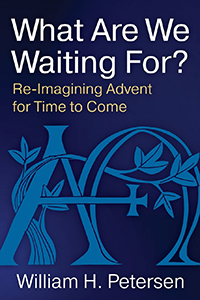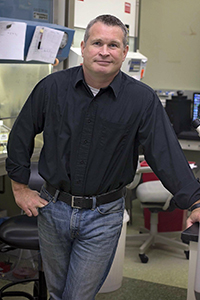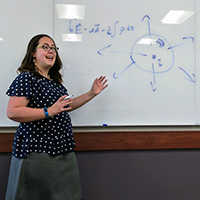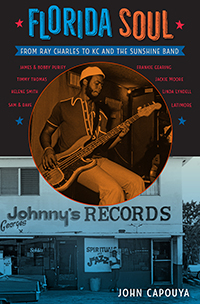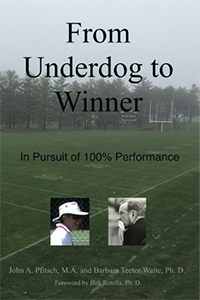John Pfitsch (1919–2012), coach at Grinnell College for 50 years, and Barbara Waite, former chair of the Sport Psychology Program at the University of Iowa, square off to scrutinize theories and philosophies behind “100 percent performance,” Pfitsch’s term for the best his athletes had to offer. Using Pfitsch’s typewritten manuscript from the 1980s, hours of recorded interviews, and a little imagination, Waite crafted a conversation between herself and Pfitsch to reveal more than just how to win athletic contests. Pfitsch’s ideas, developed throughout his career at University of Kansas, Midland College, and Grinnell College, come alive through his extraordinary stories and lively conversation in From Underdog to Winner: In Pursuit of 100% Performance.
